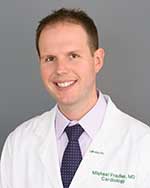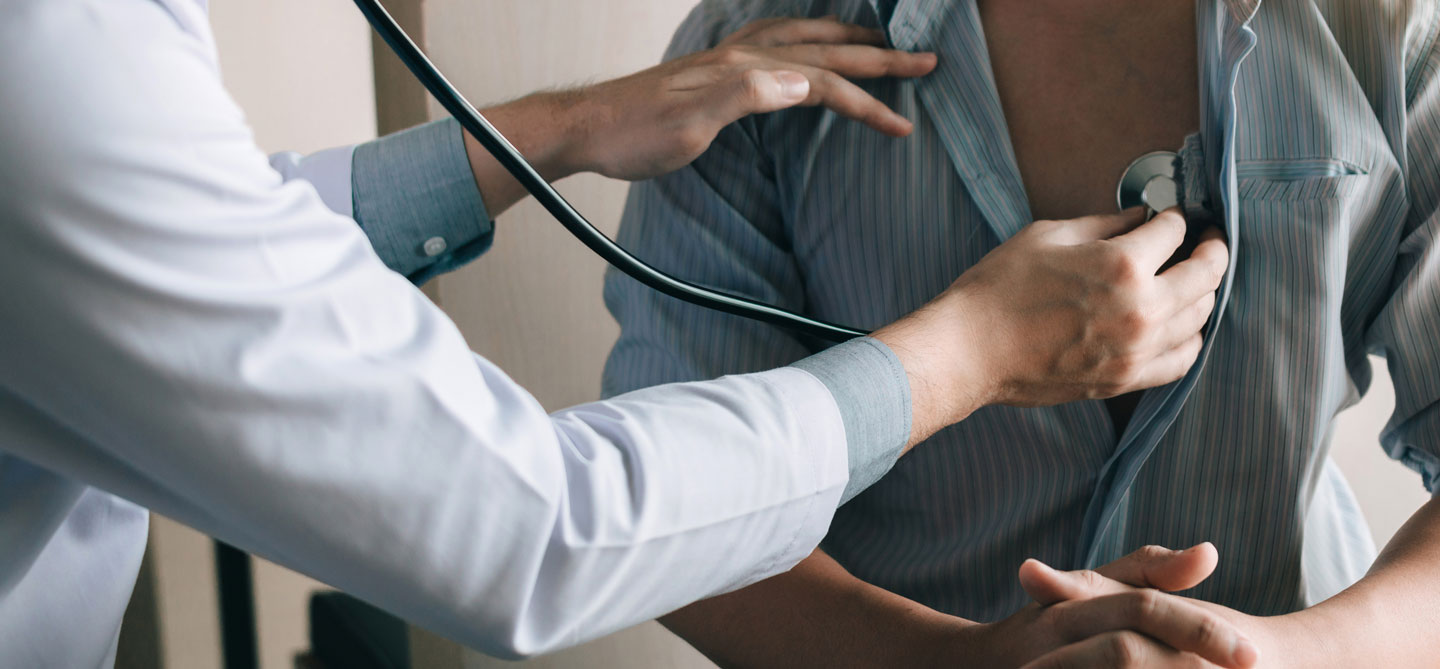Study: Higher Risk of Heart Disease for Cancer Survivors
A new study published in The Lancet shows that those who have survived cancer have a higher risk of cardiovascular disease (CVD) than people who have never had a form of cancer.

Dr. Michael Fradley, cardio-oncologist
Moffitt Cancer Center cardio-oncologist Michael Fradley, M.D. isn’t surprised by that revelation, since his program was placed within the cancer center specifically for that reason.
“A variety of cardiovascular toxicities are associated with cancer therapeutics, one of the most common examples being heart failure,” Fradley said. “However, heart attacks, heart rhythm disorders and heart valve disease can also occur.”
But Fradley is quick to add that this doesn’t mean everyone who has undergone cancer treatment will have cardiovascular complications.
Researchers behind The Lancet article took advantage of long-term cancer survival data now available to study a number of outcomes: specific CVD outcomes following a wide range of specific cancers, and the effect of risk factors that are common to both conditions. Their aim was to identify what factors increase the CVD risk in survivors of different cancers.
“We know that cancer survivors are at a higher risk of cardiovascular disease than those who have never been diagnosed with cancer,” Fradley said. “As more patients are living longer and surviving different cancers, it becomes increasingly important to monitor and treat these cardiovascular issues. The last thing we want is for cardiovascular issues to become a barrier for a patient to receive potentially life-saving cancer treatments or for someone to survive cancer only to be left with life-long debilitating cardiovascular disease.”
In the new study, researchers looked at nearly 110,000 cancer survivors and compared them to a group of more than 520,000 controls. They found that the risk for deep vein thrombosis was increased in 18 of the 20 cancer types, including pancreatic and prostate cancer, versus those who had never had cancer. Some cancer types — including lung, kidney, and ovarian cancers — also appeared to carry an elevated risk of heart failure or heart disease.
Cancer survivors who didn’t have a history of cardiovascular disease surprisingly had an elevated risk for heart failure and deep vein thrombosis, while those who had received chemotherapy had an elevated risk of cardiovascular disease.
“For both cancer patients and survivors, there is a huge benefit to being treated in a cancer center with a cardio-oncology program,” Fradley said. “We are a cancer center and we treat cancer patients. Our cardio-oncology team understands the complexities of their health care.”



